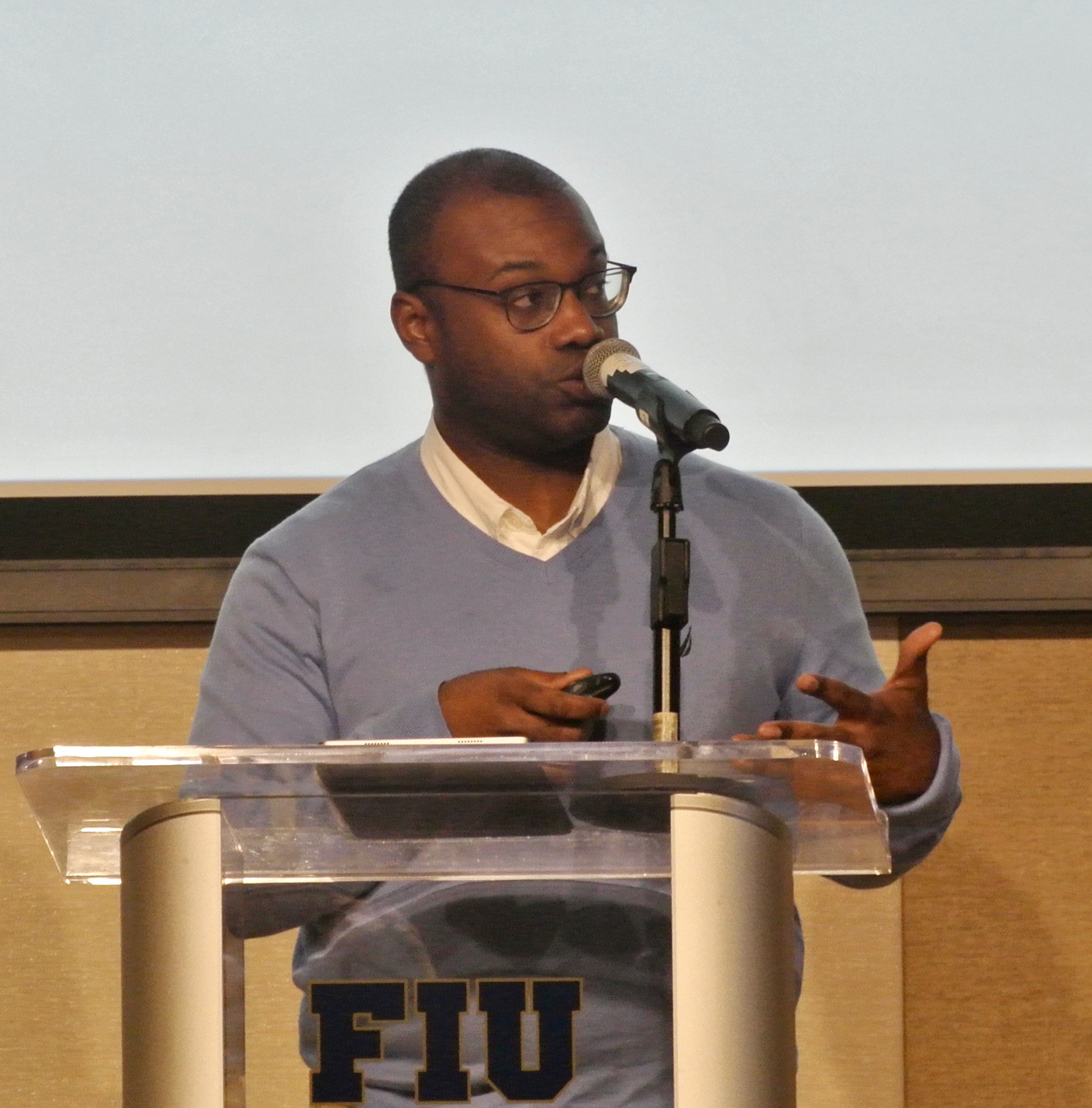
Hi I'm Antonio.
I’m an associate professor of English at the University of Missouri Kansas City, where I teach undergraduate and graduate courses in professional and technical communication, qualitative research studies, composition pedagogy, and Black rhetoric. I serve as a faculty fellow for Diane Filion Center for Advancing Faculty Excellence (CAFE) focusing on faculty professional learning in writing pedagogy and generative artificial intelligence. I'm also the co-chair for MLA Task Force on Generative AI Initiatives, and a member of the CCCC Special Committee on Generative AI in College Composition and Writing Studies. My book Black Tech Ecosystems: How Black Adult Learners Use Computer Code Bootcamps for Liberation reports on a year-long ethnographic study of low-income Black adult learners attending Clearwater Academy, a nonprofit computer code bootcamp that teaches coding literacy to help end racism and poverty. Although pathways into careers in software development was elusive for participants, Black adult learners develop new knowledge and frameworks that change their relationship with coding literacy and labor. To learn more, please check out highlights of my work below and remember to say say hello!
Check out my CV!




